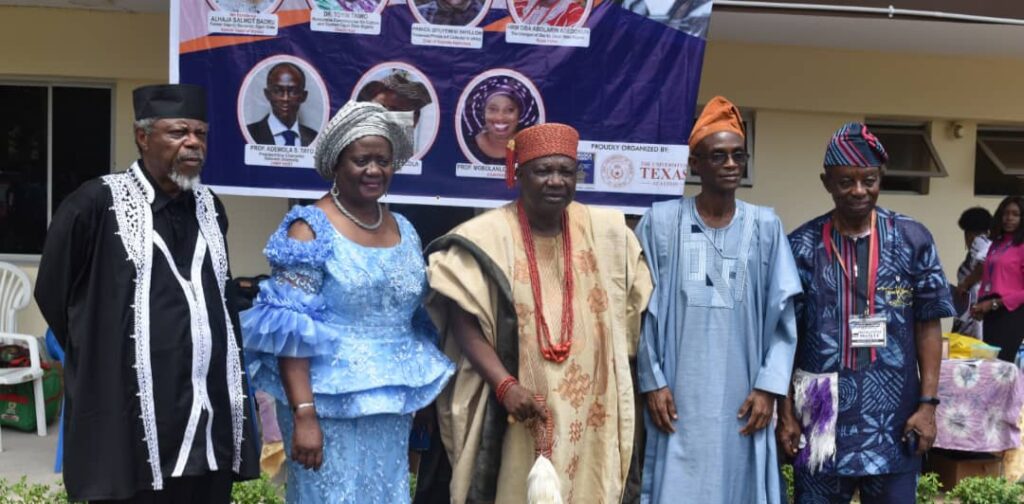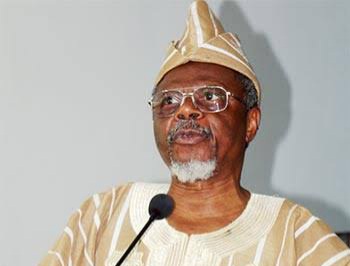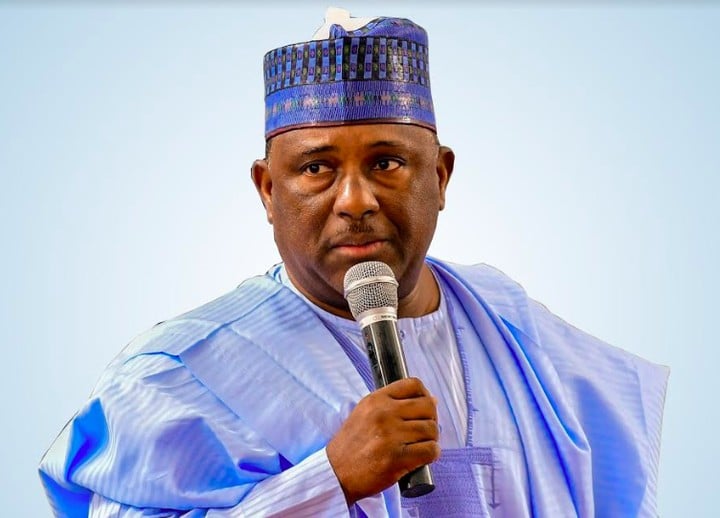Toyin Falola, a professor of history at the University of Texas, has advised the federal government to consider devolution of powers to regions.
He stated this on Monday at the opening ceremony of the sixth J.A. Atanda lectures and conference, with the theme ‘Yoruba Culture and Society’.
The three-day event, which commenced at the Babcock University, Ilishan-Remo, Ogun State, is expected to end on Wednesday.
Falola, who noted that the current agitations for secession can be traced to some form of marginalisation, urged the federal government to focus on reducing the “anger” in parts of the country.
Advertisement
“Autonomy, self-determination, restructuring and independence, sometimes they get confused. One is to say you want to create your own country and you can see there have been many secessionist movements in Africa. But by and large, only a few have been successful: Eritrea, Sudan, South Sudan.
“The boundaries of Africa inherited after the colonial rule has remained. In the case of Nigeria, Biafra started it and did not succeed. That’s secession — a new name, a new boundary, a new map. But you can have devolution of powers — decentralisation — which means you remain in Nigeria but the centre transfers power to the various regions. That is what we had in the First Republic when Awolowo was premier. But the military, following the civil war, centralised power and now we have over-centralisation of power, and so the federalism is not working well.
“So, some people will say, ‘why don’t you return to the constitution of 1963 and give each region zonal autonomy?’ Take the resources from the ports in Lagos. It’s huge. It’s the second next to the oil. And some people will say why is it that all that money simply goes to the federal government to redistribute it to all the regions. So, they make all various arguments. Every part of this country — every region, every group — they are angry at something. So, how to minimise that level of anger is what we should be talking about.
Advertisement
“At this time, the best advice one can give is decentralisation — greater autonomy to the various regions. I don’t think creating a new country — with due respect — may be the best way to go. But seeking greater autonomy for each region to control itself and its affairs may be a better option.”
Speaking on the essence of the conference, Falola said the idea is to remember the scholarship of Atanda, a foremost historian, who “contributed a lot to our understanding of Yoruba institutions, Yoruba kinship, colonial and pre-colonial history”.
On his part, Olutayo Adesina, head of history department, University of Ibadan, called for caution on agitations for disintegration.
“The agitations are agitations. It does not mean that they are well placed or that those who are pushing the agitations are the right people. We are really now in a state of flux because if you study the environment very well, one must carry out a cost-benefit analysis. A lot of things must be done carefully. Yorubaland is urbane, highly educated and sophisticated. We can’t be rabble-rousers,” he said.
Advertisement

On his part, Abolarin Adedokun, the Oragun of Oke-Ila, Osun State, advocated dialogue.
“There is nothing in democracy that our forebears did not internalise. The supremacy of the people must be centralised. Power lies with the people. We must be courageous to face our problems through dialogue. If we behave as though we are not deep thinkers, the repercussions would be dire,” he noted.
Ajoke Fatunde, daughter of Atanda, appreciated the conveners for the honour, adding that her father’s legacy has continued to be a source of inspiration.
Other dignitaries at the event included Salimot Badru, former Ogun deputy governor; Oluwatoyin Taiwo, Ogun commissioner for culture and tourism; Michael Sonuga, Olofin of Ilisan-Remo; Yemisi Shyllon, foremost private art collector, and Tunde Kelani, veteran Nigerian filmmaker.
Advertisement
Add a comment





